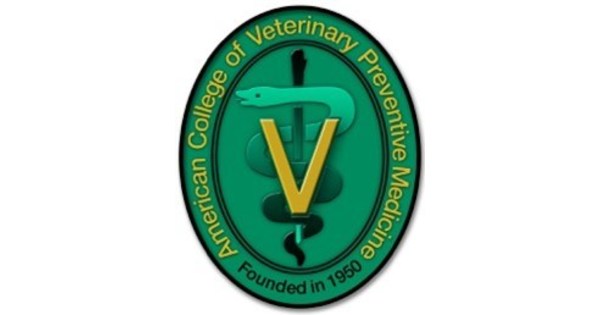Navigating the Complex World of Allergy Management in Pets: A Modern Veterinary Approach
Allergies in pets can often be as perplexing and frustrating for veterinarians as they are uncomfortable for the animals experiencing them. Small animal practitioners frequently find themselves at the frontline, addressing everything from skin irritations to food sensitivities through a multifaceted approach that considers not only the health of the pet but also environmental factors and the implications for human health.
Embracing a One Health Perspective
In the realm of veterinary medicine, particularly when dealing with allergies and skin conditions, adopting a One Health perspective is crucial. This approach doesn’t just focus on treating symptoms but also considers the environmental impacts and the interconnected health of pets and their human families. This holistic view supports more sustainable practices, especially in terms of antimicrobial stewardship, which is vital in an era where antibiotic resistance is a growing concern.
The Evolution of Allergy Management
Veterinary science has come a long way from the days when the first instinct was to reach for oral antimicrobials. Now, the emphasis is on topical treatments as the first line of defense against skin infections and allergies. This shift not only helps in reducing the use of systemic antibiotics but also aligns with evidence-based practices that aim to minimize side effects and promote quicker recoveries.
Diagnostic Testing: A Crucial Step
While it would be ideal to perform comprehensive diagnostics on every pet, financial and practical realities often dictate otherwise. However, explaining the importance and long-term benefits of these tests to pet owners can significantly enhance compliance. For instance, a simple explanation of how an ear cytology can influence the treatment plan and prevent future issues can make a world of difference in how pet owners perceive the value of these tests.
Treatment Choices: Tailored and Thoughtful
When it comes to treating allergies and related skin conditions, the options are vast. From specialized shampoos and creams to advanced biologics and immunotherapies, each treatment plan must be carefully tailored to suit the individual needs of the pet and the capabilities of their owners. For example, while topical treatments are preferred, they might not always be practical for every pet or owner. In such cases, oral medications or injectables might be necessary.
The Importance of Client Education and Compliance
Educating pet owners about the treatment regimen, potential side effects, and the importance of follow-through is essential for successful outcomes. This education includes discussing how treatments work, why they are chosen, and what signs to look for that indicate improvement or the need for further intervention.
Antimicrobial Stewardship: A Responsibility
Veterinarians have a significant role to play in antimicrobial stewardship. This involves choosing the right type of treatment to minimize the risk of antibiotic resistance, a critical aspect of protecting both animal and human health. Guidelines from organizations like the American Veterinary Medical Association (AVMA) and the World Small Animal Veterinary Association (WSAVA) provide frameworks that help veterinarians make responsible choices about antimicrobial use.
Managing Itch and Discomfort
Addressing the itch and discomfort that often accompanies allergies is paramount. The range of options available—from corticosteroids to newer biological treatments—means veterinarians can offer relief while minimizing side effects. However, it’s crucial to balance efficacy with safety, always keeping the well-being of the pet at the forefront.
The Role of Nutraceuticals
While the debate about the efficacy of nutraceuticals like omega fatty acids and probiotics continues, they can sometimes play a supportive role in managing skin conditions, particularly when used alongside conventional therapies. The key is to rely on evidence-based recommendations and integrate these options judiciously into treatment plans.
Conclusion
Veterinary care for pets with allergies has evolved significantly, with a strong emphasis on evidence-based, environmentally conscious, and ethically responsible practices. By involving pet owners in the decision-making process and educating them on the importance of diagnostics and treatment compliance, veterinarians can improve outcomes for their patients while strengthening the human-animal bond. This comprehensive approach not only addresses the immediate health needs of the pet but also contributes to a broader commitment to public health and environmental stewardship.



